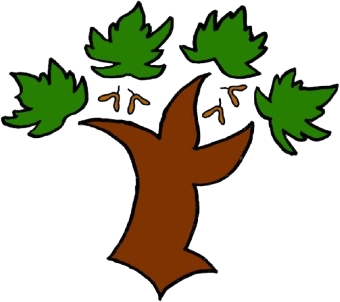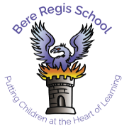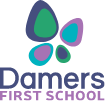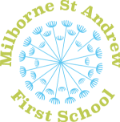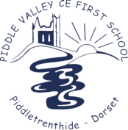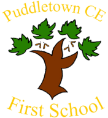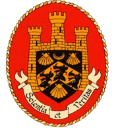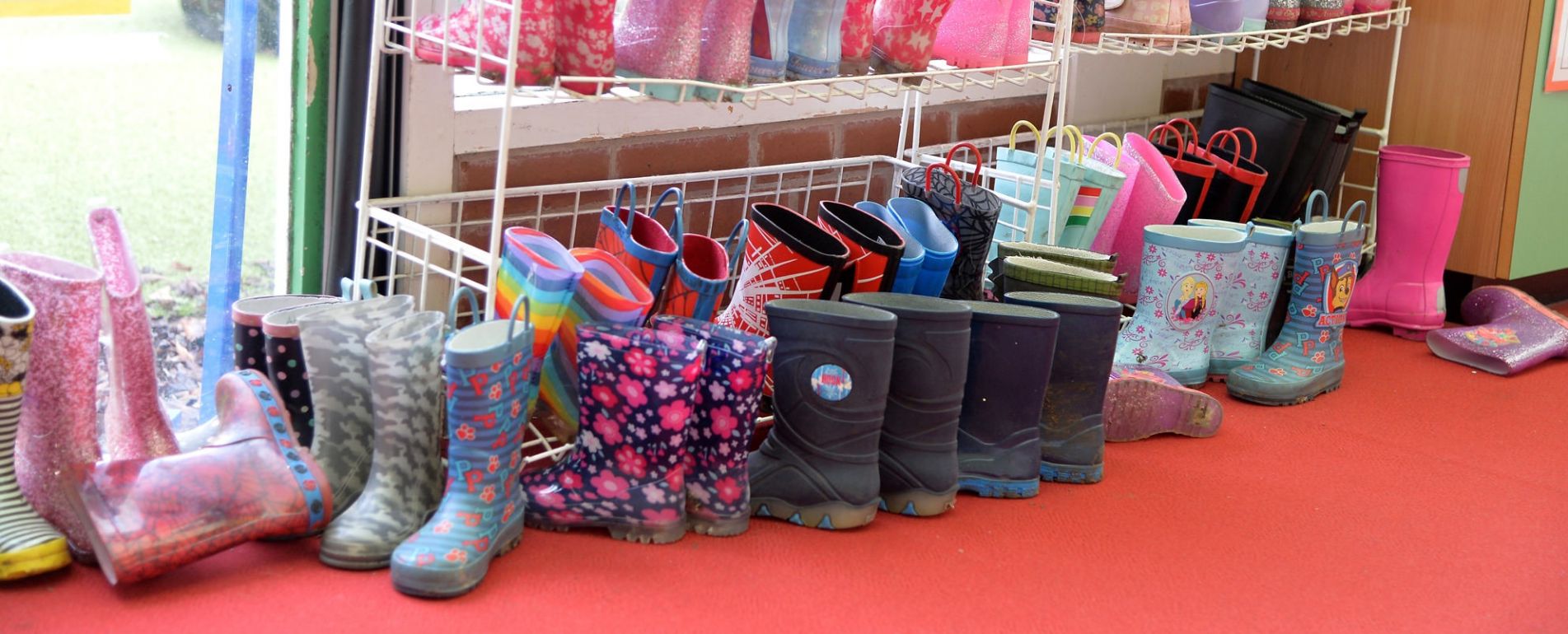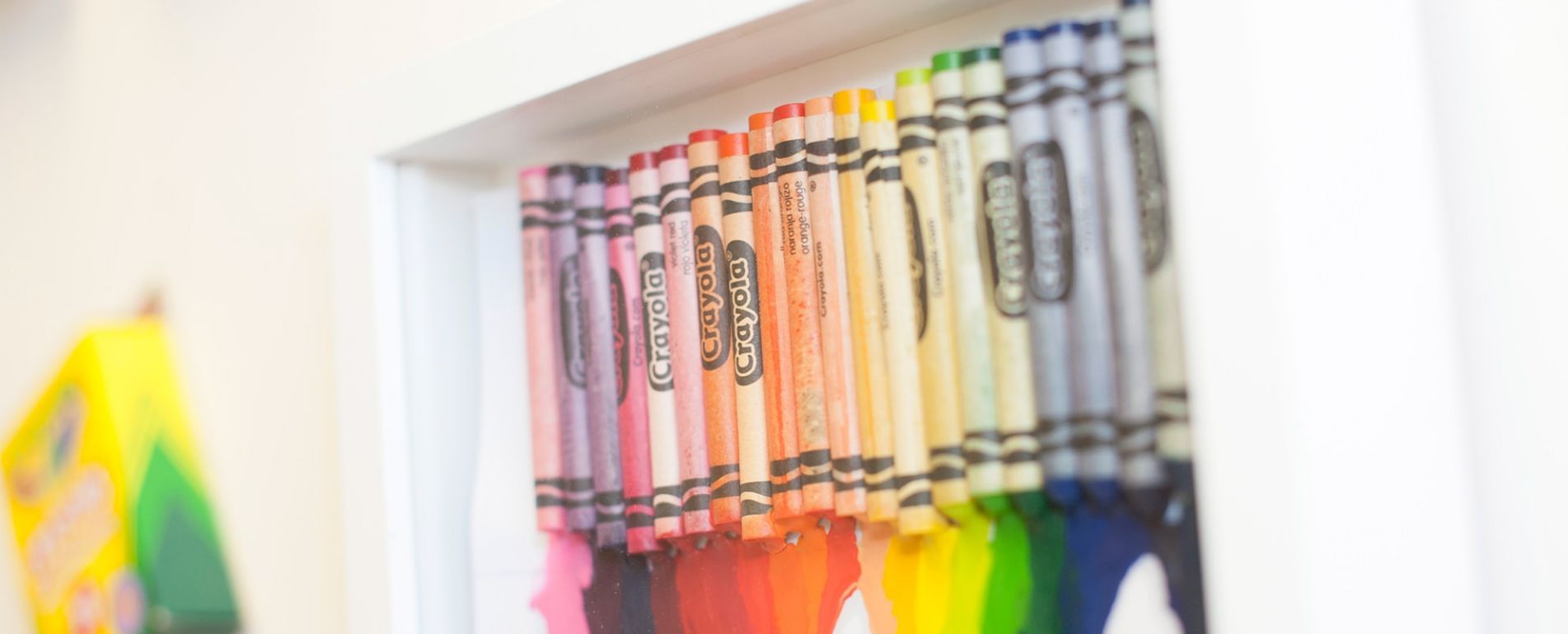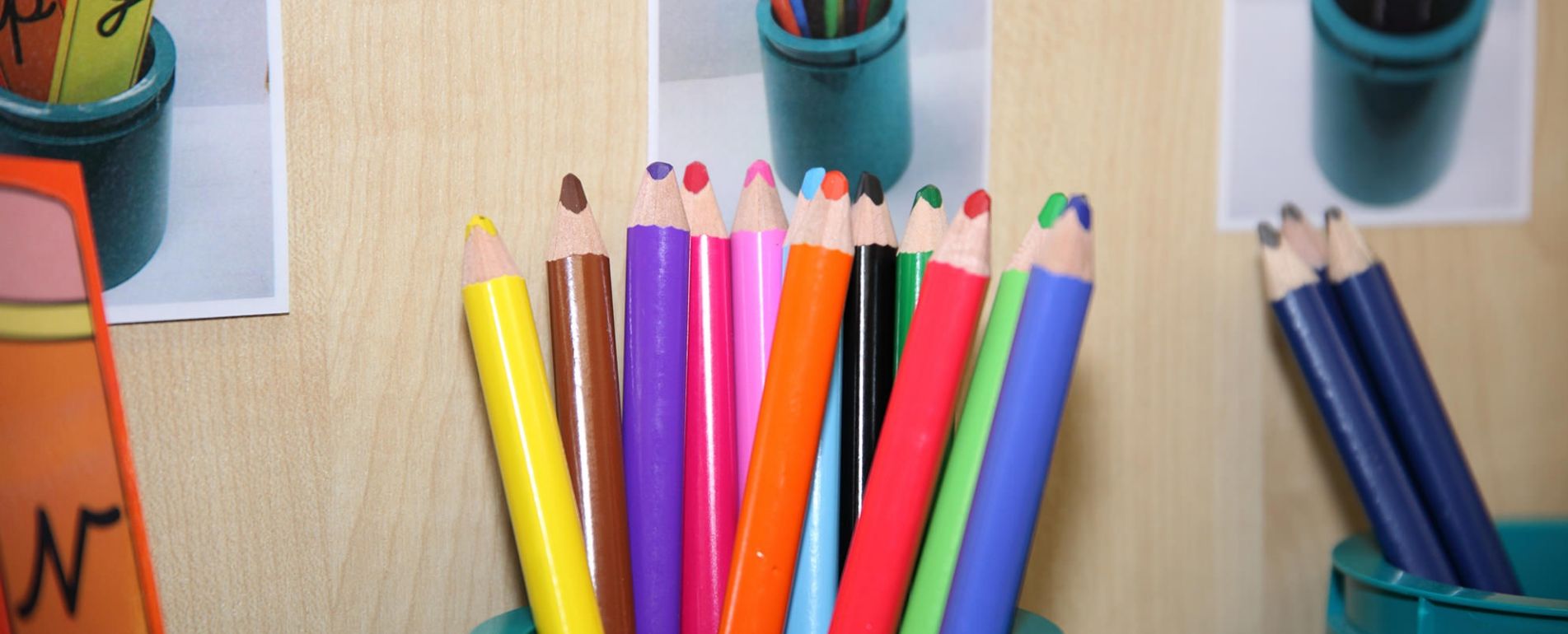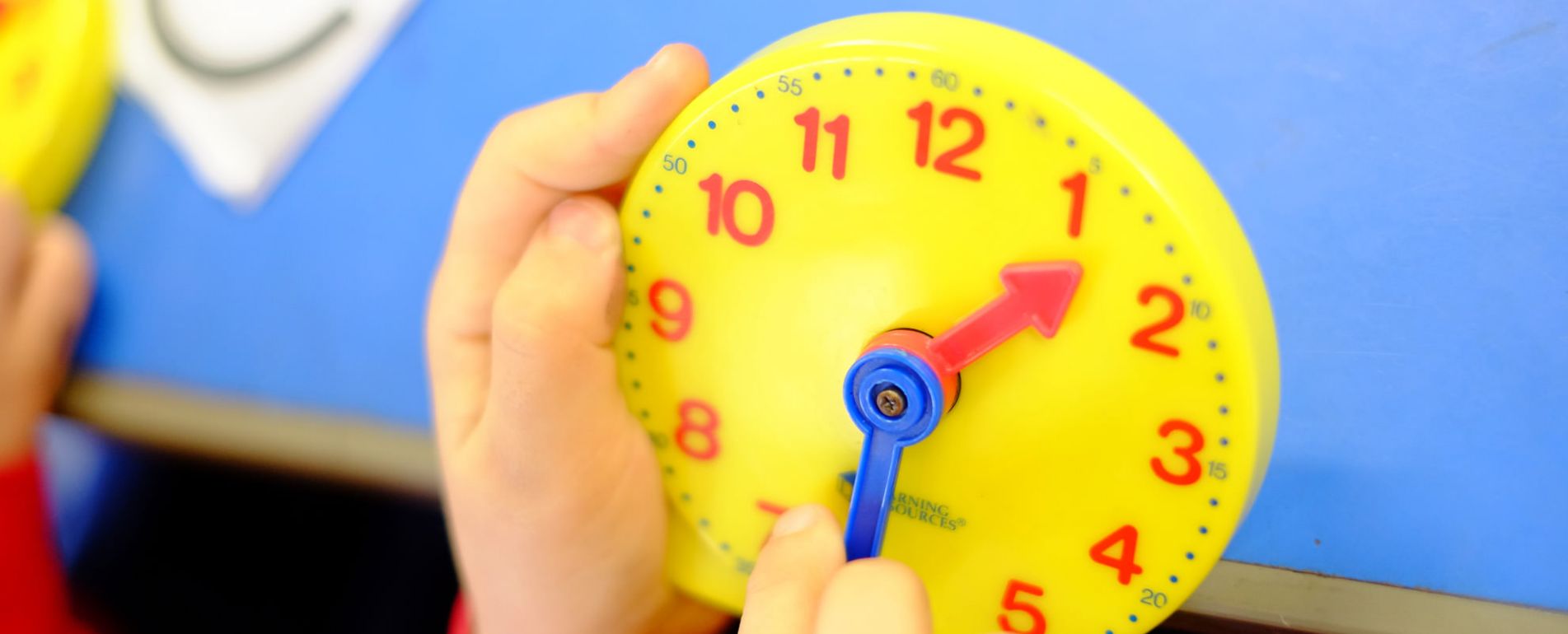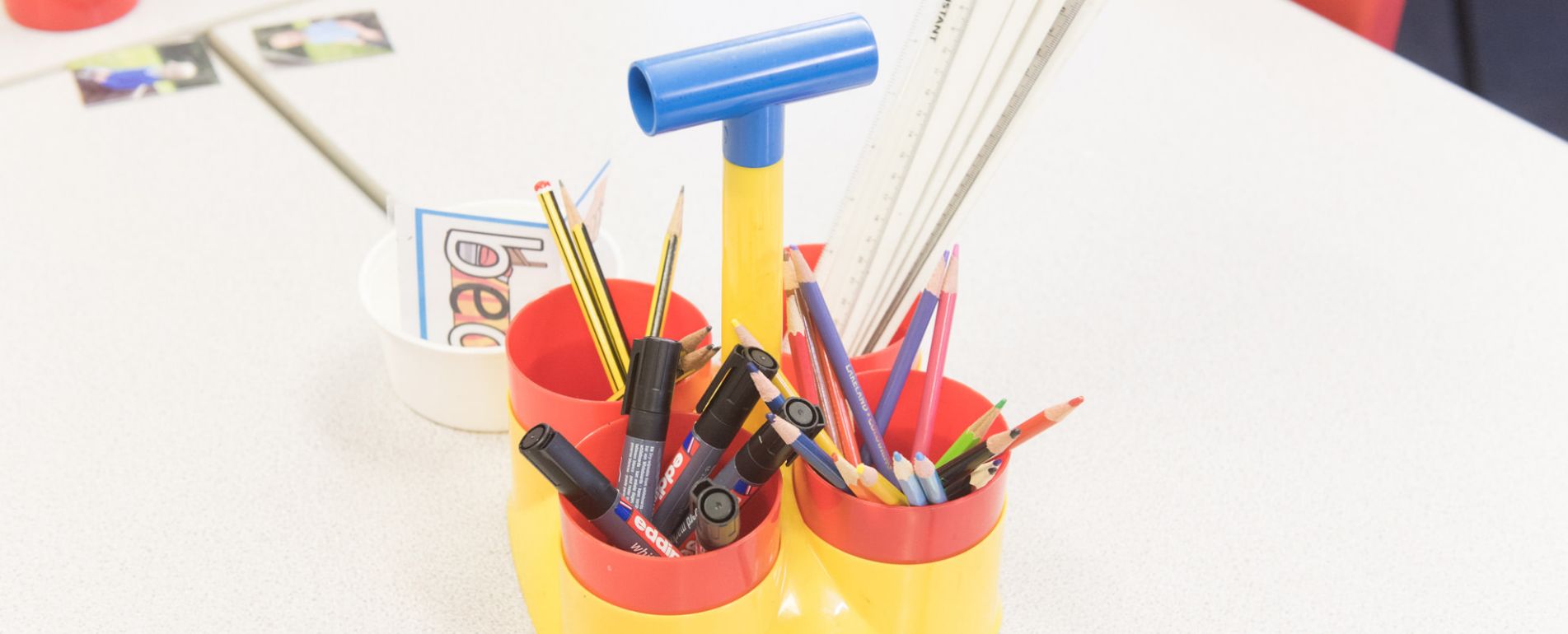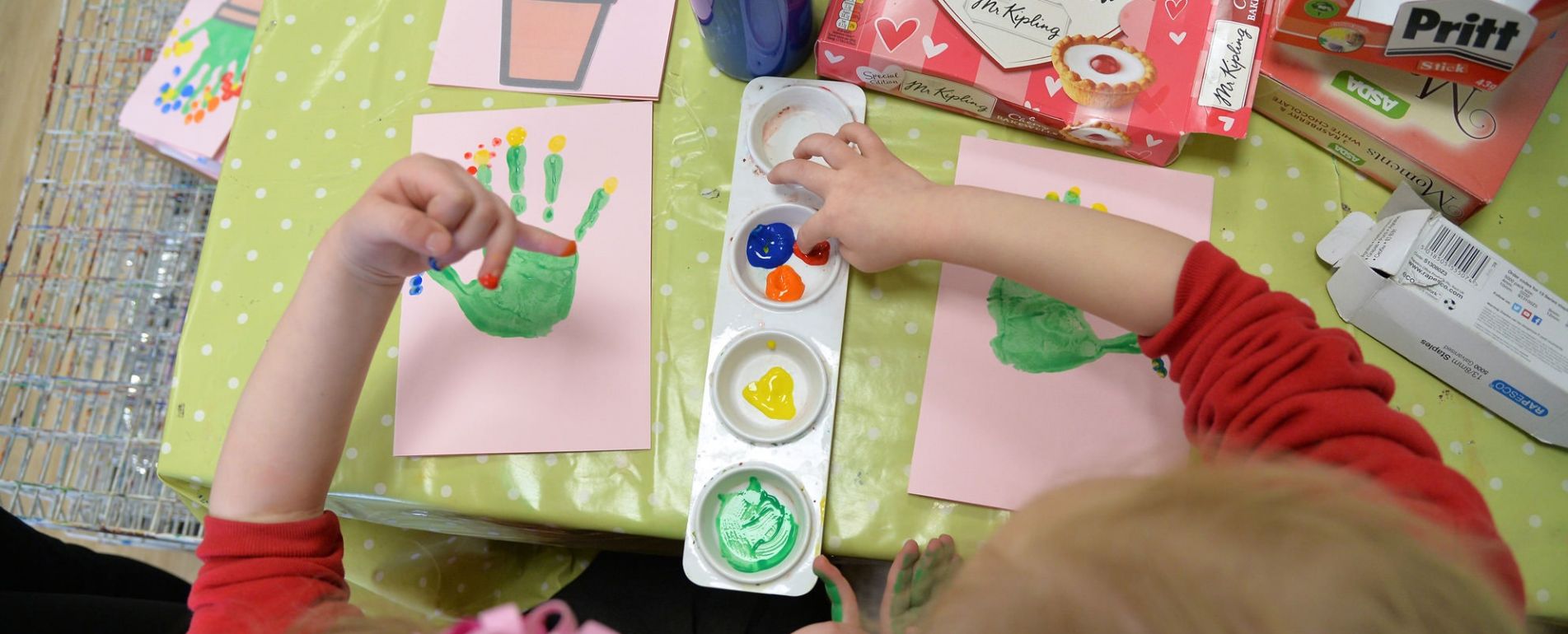
Design Technology
INTENT
Design and technology is an intricate part of our day to day lives and it is therefore important that our children are taught how this subject is of great importance in our rapidly changing world. Children at Foresters Primary School are encouraged to think creatively in order to solve problems and/or make improvements to existing ideas and products. It is through these methods that they can make positive changes to their own and others’ lives.
The teaching of Design and technology enables children to identify needs and opportunities, and to respond by developing ideas and eventually making products and systems. Through the study of design and technology, children combine practical skills with an understanding of aesthetic, social and environmental issues, as well as functions and industrial practices. This allows them to reflect on, and evaluate, present and past design and technology, its uses and impacts. Children should be inspired by engineers, designers, chefs and architects to enable them to create a range of structures, mechanisms, textiles, electrical systems and food products with a real life purpose.
IMPLEMENTATION
Our Design and technology curriculum is taught in KS1 and KS2 as an integral part of the ‘Cornerstone’ creative curriculum. Focused practical tasks are planned in KS1, LKS2to develop, practise particular skills and acquire knowledge. Cornerstone is also used by our EYFS educators to support the delivery of the specific stages of development. By making, changing and modifying (or designing) things for themselves, children can come not simply to a greater understanding of their world, but to change and modify their environment in order to make further sense of it.
The school follows the statutory programme of study from the National Curriculum. This details the progression of specific DT skills, alongside units of work that deliver these, and the targeted thinking that underpins these skills within each particular year group. Pupils may be taught as a whole class, work in a group or individually.
IMPACT
Teachers make ongoing, informal assessments in DT, using observations of children working, discussions and of children’s plans and ideas. Attainment target level descriptors from the National Curriculum help give an overview of the ongoing achievements of the children in the subject, which is recorded on Curriculum Maestro. Teachers are able to identify those children working above and below age-related expectations. Parents are informed of their child’s progress in the end of year Annual Report.
